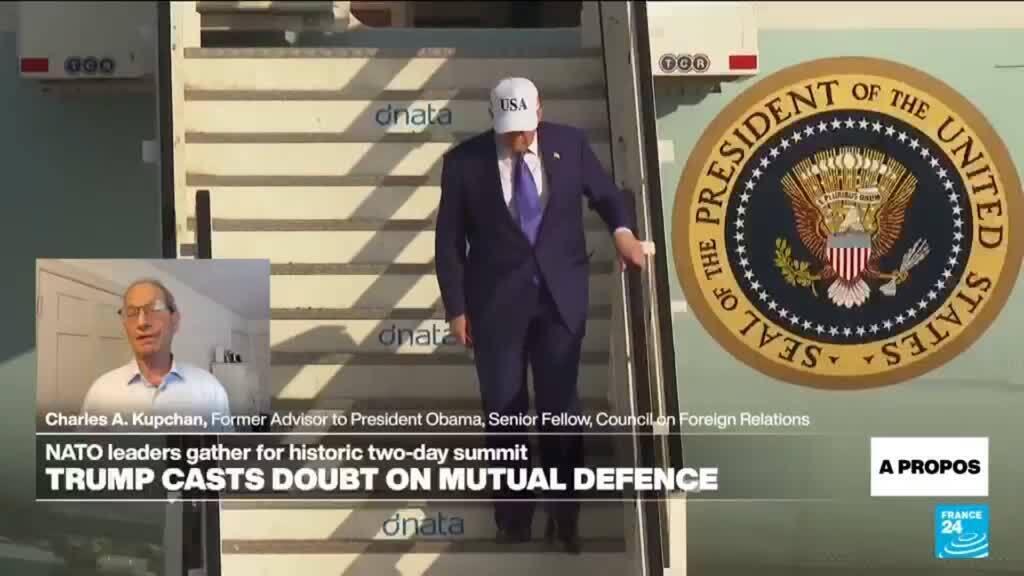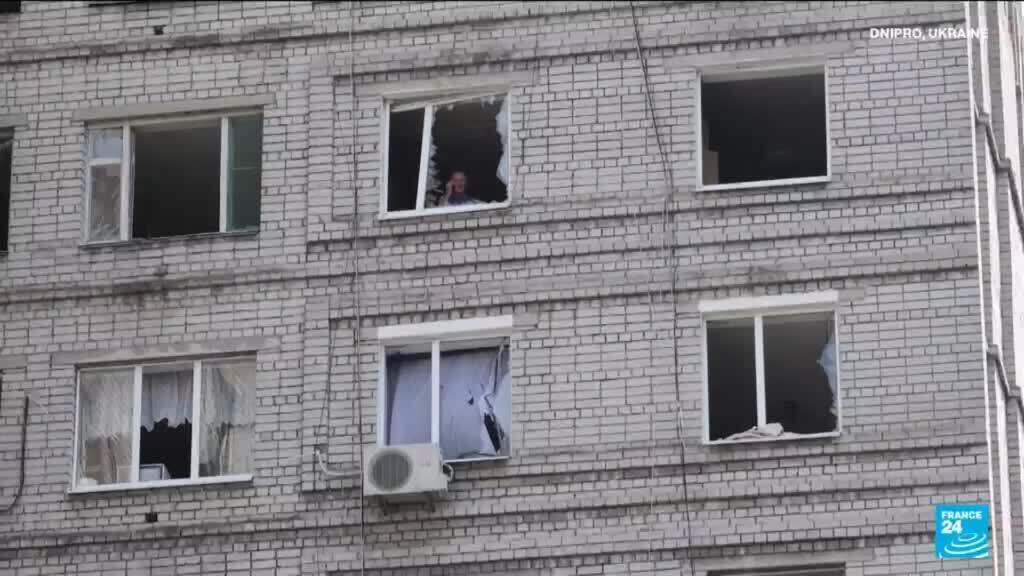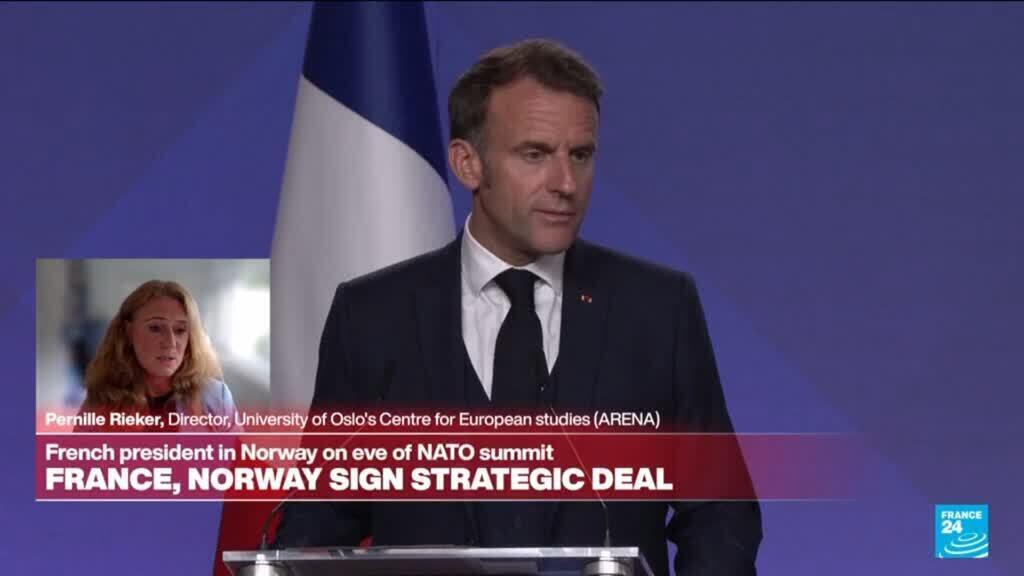NATO Leaders Meeting in The Netherlands
FRANCE 24's Kethevane Gorjestani reports from The Netherlands, where NATO leaders convene to discuss pressing security challenges. This meeting takes place against the backdrop of evolving geopolitical concerns, particularly regarding the role of the United States within global alliances.
In an insightful conversation with FRANCE 24's Sharon Gaffney, Charles A. Kupchan, a former advisor to President Barack Obama and a senior fellow at the Council on Foreign Relations, shares his perspectives on the future of NATO and the United States' commitments to its allies. Kupchan underscores the complexity of the current geopolitical landscape, especially in light of shifting leadership in the U.S. and increased global tensions.
Kupchan asserts that a U.S. withdrawal from global alliances remains highly unlikely. He emphasizes that despite various political signals, the foundation of American foreign policy is deeply rooted in the commitments made to its allies, particularly through NATO. He points out that the principle of collective defense, enshrined in Article 5 of the NATO treaty, is a cornerstone of U.S. security policy. Kupchan insists that, if Donald Trump were to return to the presidency, it is improbable that he would deviate significantly from this commitment during his tenure.
Article 5 of the NATO treaty states that an armed attack against one member is considered an attack against them all, which illustrates the collective security guarantee that binds member states. This principle has been tested several times throughout NATO's history, and Kupchan’s remarks suggest a strong belief in its continued relevance and importance in today's world.
As the leaders gather in The Netherlands, the discussions are likely to revolve around several critical issues, including the ongoing threats posed by Russia, the rise of China, and internal cohesion within the alliance. Kupchan's analysis provides a reflective lens on how the current geopolitical dynamics influence NATO's strategic decisions moving forward.
The current NATO summit is pivotal, as member nations assess not only their collective security strategies but also the political climate in the U.S. The outcomes of these discussions could have far-reaching implications for military cooperation, resource allocation, and diplomatic relations among member countries. Given Kupchan’s insights, there is a suggestion of a potential for stability within the alliance, anchored by long-standing commitments to mutual defense.
Overall, as NATO leaders gather during this significant summit, the emphasis will likely be on reaffirming the alliance’s resolve in the face of external threats and maintaining the foundational commitments that have defined NATO's operations for decades. Kupchan's views reflect a broader understanding that despite changing political landscapes, the essential tenets of collective defense will endure, reinforcing America's alliance commitments within NATO.












